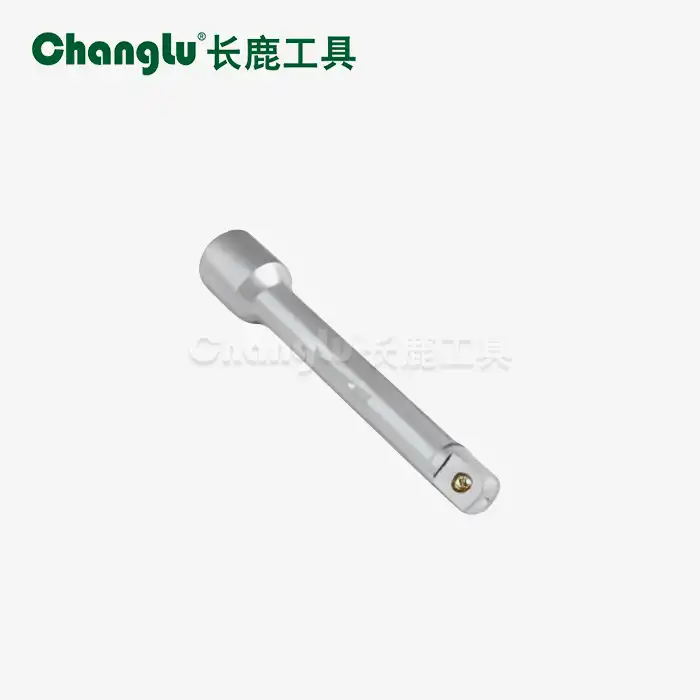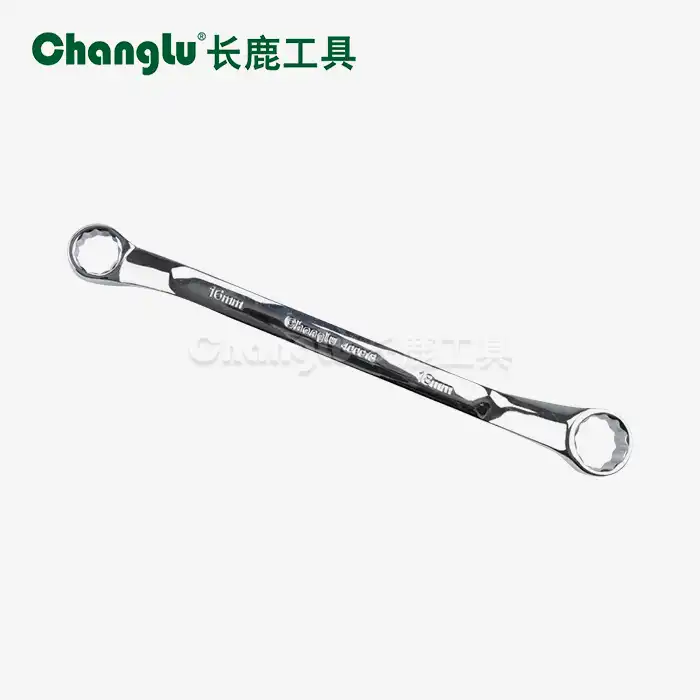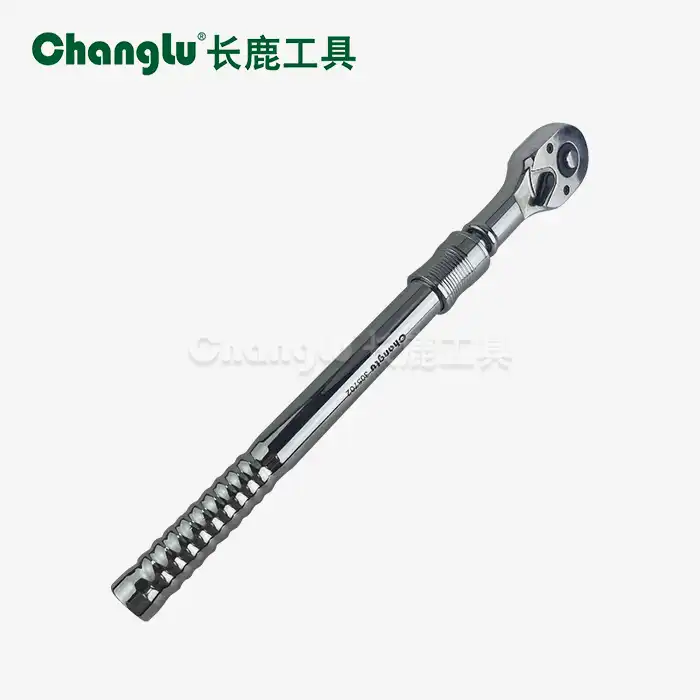- English
- French
- German
- Portuguese
- Spanish
- Russian
- Japanese
- Korean
- Arabic
- Greek
- German
- Turkish
- Italian
- Danish
- Romanian
- Indonesian
- Czech
- Afrikaans
- Swedish
- Polish
- Basque
- Catalan
- Esperanto
- Hindi
- Lao
- Albanian
- Amharic
- Armenian
- Azerbaijani
- Belarusian
- Bengali
- Bosnian
- Bulgarian
- Cebuano
- Chichewa
- Corsican
- Croatian
- Dutch
- Estonian
- Filipino
- Finnish
- Frisian
- Galician
- Georgian
- Gujarati
- Haitian
- Hausa
- Hawaiian
- Hebrew
- Hmong
- Hungarian
- Icelandic
- Igbo
- Javanese
- Kannada
- Kazakh
- Khmer
- Kurdish
- Kyrgyz
- Latin
- Latvian
- Lithuanian
- Luxembou..
- Macedonian
- Malagasy
- Malay
- Malayalam
- Maltese
- Maori
- Marathi
- Mongolian
- Burmese
- Nepali
- Norwegian
- Pashto
- Persian
- Punjabi
- Serbian
- Sesotho
- Sinhala
- Slovak
- Slovenian
- Somali
- Samoan
- Scots Gaelic
- Shona
- Sindhi
- Sundanese
- Swahili
- Tajik
- Tamil
- Telugu
- Thai
- Ukrainian
- Urdu
- Uzbek
- Vietnamese
- Welsh
- Xhosa
- Yiddish
- Yoruba
- Zulu
Chrome-Molybdenum Alloy Steel Adapter vs. Carbon Steel?
Chromium-molybdenum alloy steel or carbon steel adapters are the main choices that affect how well a system works, how long it lasts, and how much it costs to run in tough industrial settings. The Chrome-Molybdenum Alloy Steel Adapter is the best choice for high-pressure and high-temperature environments because it is stronger, more resistant to corrosion, and more stable at high temperatures than standard carbon steel options. For oil and gas pipelines, petrochemical processing, power generation systems, aerospace parts, and heavy machinery uses where choosing the right material directly impacts safety, efficiency, and long-term dependability, this thorough comparison looks at the most important differences between these materials.
What Are the Strength Advantages of Chrome-Molybdenum Alloy Steel Adapters?
Enhanced Tensile Strength and Load-Bearing Capacity
The Chrome-Molybdenum Alloy Steel Adapter demonstrates significantly superior tensile strength compared to carbon steel alternatives, providing enhanced load-bearing capacity essential for high-pressure hydraulic systems and demanding industrial applications. The molybdenum in the alloy makes the crystal structure stronger. This makes a material that can handle high mechanical pressures without breaking or deforming. Chrome-Molybdenum Alloy Steel Adapter parts are chosen by professional engineers for important uses in oil and gas pipes where changes in pressure and mechanical loads are too much for regular carbon steel. In aerospace parts and power generation systems, where a material failure could have terrible effects and cause major practical problems, the improved strength properties also provide greater safety margins.
Superior Fatigue Resistance and Durability
The Chrome-Molybdenum Alloy Steel Adapter is very resistant to wear, which means it will last longer in situations where it is loaded and unloaded many times. This is in contrast to carbon steel, which can crack when it is loaded and unloaded many times. This longer durability is especially useful in heavy machinery and equipment used to process petrochemicals, where regular use stresses would quickly break down less durable materials. The Chrome-Molybdenum Alloy Steel Adapter keeps its structural integrity over thousands of pressure cycles. This means that it doesn't needs as much upkeep and doesn't have to be taken apart for no reason, which can have a big effect on operational costs. In tough industrial settings, professional repair teams say that switching from carbon steel to chrome-molybdenum alloy adapters greatly reduces the number of times they need to be replaced.

Impact Resistance and Shock Absorption
Applications involving abrupt pressure surges or mechanical shocks are best suited for Chrome-Molybdenum Alloy Steel Adapter components because of their better impact resistance as compared to brittle carbon steel alternatives. Because unexpected load circumstances can arise during regular operations, this improved impact resistance becomes essential in heavy machinery applications and high-pressure hydraulic systems. The Chrome-Molybdenum Alloy Steel Adapter more efficiently distributes and absorbs shock loads, avoiding catastrophic failure and preserving system integrity in challenging circumstances. This enhanced shock resistance is especially advantageous for industrial facilities that operate in severe conditions since it lessens the possibility of costly repairs and system shutdowns that could interfere with production schedules.
How Does Corrosion Resistance Compare Between These Materials?
Chemical Resistance and Environmental Protection
The Chrome-Molybdenum Alloy Steel Adapter provides exceptional resistance to chemical corrosion that commonly affects carbon steel in petrochemical processing environments and corrosive industrial applications. The chromium content forms a protective oxide layer that actively prevents chemical attack, while molybdenum enhances resistance to specific corrosive agents encountered in oil and gas operations. Unlike carbon steel that requires extensive protective coatings, the Chrome-Molybdenum Alloy Steel Adapter maintains its corrosion resistance through inherent material properties that remain effective throughout the component's service life. This better chemical resistance means that the coating doesn't need to be maintained as often, and there is less chance of contamination in processes that are sensitive to material decline, which could lower the quality of the final product.
Oxidation Resistance at Elevated Temperatures
High-temperature applications in power generation systems and aerospace components demand materials that resist oxidation and maintain structural integrity under thermal stress. In comparison to carbon steel, the Chrome-Molybdenum Alloy Steel Adapter has excellent oxidation resistance, preserving protective surface qualities at temperatures that would cause conventional materials to degrade quickly. In situations where thermal cycling and prolonged high temperatures are typical operating conditions, this temperature stability proves crucial. The Chrome-Molybdenum Alloy Steel Adapter retains its corrosion protection and mechanical properties across wide temperature ranges, ensuring reliable performance in demanding thermal environments where carbon steel would fail prematurely.
Long-Term Durability and Maintenance Reduction
The inherent corrosion resistance of Chrome-Molybdenum Alloy Steel Adapter components significantly reduces long-term maintenance requirements compared to carbon steel alternatives that require regular inspection, coating renewal, and replacement due to corrosion damage. This durability advantage translates into substantial cost savings over the component's operational lifespan, particularly in remote or difficult-to-access installations where maintenance activities are costly and disruptive. Industrial facilities report dramatic reductions in maintenance-related downtime when transitioning from carbon steel to Chrome-Molybdenum Alloy Steel Adapter systems, as the superior corrosion resistance eliminates many routine maintenance tasks and extends service intervals between major overhauls.

Which Applications Justify the Higher Cost of Chrome-Molybdenum Alloy?
Oil and Gas Industry Critical Applications
Chrome-Molybdenum Alloy Steel Adapter parts are essential for the oil and gas business because they work better in harsh conditions and are safer, more reliable, and more efficient. This makes them worth the extra money they cost at first. Pipeline systems that work in corrosive and high-pressure environments are stronger and less likely to break. This keeps environmental tragedies and catastrophic failures from happening. The Chrome-Molybdenum Alloy Steel Adapter stays strong in sour gas applications and high-pressure injection systems where carbon steel would break. This makes it an important part of key infrastructure where environmental protection and safety are very important. Long-term operational costs favor chrome-molybdenum alloy due to reduced maintenance, extended service life, and improved system reliability.
Aerospace and High-Performance Applications
Aerospace components demand materials that provide maximum strength-to-weight ratios while maintaining reliability under extreme operating conditions where failure is not acceptable. The Chrome-Molybdenum Alloy Steel Adapter meets these stringent requirements through superior mechanical properties and consistent performance characteristics that exceed carbon steel capabilities. Weight-critical applications benefit from the higher strength of chrome-molybdenum alloy, allowing for reduced wall thickness while maintaining safety margins required for aerospace certification. The Chrome-Molybdenum Alloy Steel Adapter also provides better dimensional stability under thermal cycling, ensuring precise fit and function in applications where tolerances are critical for proper operation and safety compliance.
Heavy Machinery and Industrial Equipment
Heavy machinery and industrial equipment operating in harsh environments require components that withstand extreme mechanical loads, temperature variations, and corrosive conditions that would quickly degrade carbon steel alternatives. Productivity and profitability are directly impacted by equipment downtime in demanding industrial applications, and the Chrome-Molybdenum Alloy Steel Adapter offers the resilience and dependability necessary for continuous operation. Because chrome-molybdenum alloy adapters increase operational reliability, prolong equipment life, and require less maintenance, manufacturing facilities and processing plants are able to justify the higher material cost. Along with increasing equipment capabilities and process efficiency, the enhanced performance characteristics also allow for higher working pressures and temperatures.
Conclusion
Compared to carbon steel, Chrome-Molybdenum Alloy Steel Adapters are much stronger, less likely to rust, and more stable at high and low temperatures. Even though it costs more at first, the long-term benefits in critical uses like oil and gas pipelines, aerospace parts, and heavy machinery make the investment worth it by increasing safety, lowering maintenance costs, and making parts last longer in harsh industrial environments.
FAQ
1. What is the typical cost difference between chrome-molybdenum and carbon steel adapters?
Chrome-molybdenum alloy adapters typically cost 2-3 times more than carbon steel alternatives initially. However, the total cost of ownership often favors chrome-molybdenum due to extended service life, reduced maintenance requirements, and improved reliability. The higher upfront investment is justified in critical applications where failure costs exceed material savings, particularly in high-pressure, high-temperature, or corrosive environments.
2. Can chrome-molybdenum adapters be welded to carbon steel systems?
Yes, chrome-molybdenum adapters can be welded to carbon steel systems using appropriate welding procedures and filler materials. However, proper heat treatment and welding techniques are essential to maintain joint integrity and corrosion resistance. Professional welding certification and adherence to industry standards ensure reliable joints that don't compromise the performance advantages of chrome-molybdenum materials.
3. What temperature range can chrome-molybdenum alloy adapters handle?
Chrome-molybdenum alloy adapters typically operate effectively from -40°F to 1000°F (-40°C to 540°C), significantly exceeding carbon steel temperature limits. The exact temperature range relies on the type of alloy and the needs of the application. Because they can handle higher temperatures better, they are perfect for use in power plants, petrochemical processing, and aircraft where stability at high temperatures is important.
4. How do I identify if my application requires chrome-molybdenum over carbon steel?
Applications requiring chrome-molybdenum typically involve high pressures (>1000 PSI), elevated temperatures (>400°F), corrosive environments, or critical safety requirements where failure consequences are severe. Oil and gas pipelines, aerospace components, and high-pressure hydraulic systems generally justify the material upgrade. Consult with materials engineers to evaluate specific operating conditions and performance requirements.
Premium Chrome-Molybdenum Alloy Steel Adapter Manufacturers | Changlu
Shandong Changlu Tools Co., Ltd. leads the industry in fabricating prevalent Chrome-Molybdenum Alloy Steel Adapters, combining progressed metallurgical ability with exactness building to convey components that surpass the most requesting details. As a recognized mechanical and exchange venture, we coordinated cutting-edge investigate and improvement with world-class generation capabilities, serving basic applications over apparatus, petroleum, chemical, electric control, and aviation businesses around the world. Our prestigious parts as chief of the China Hardware and Chemical Industry Association and official executive of the All-China Federation of Industry and Commerce Hardware and Electrical Chamber of Commerce illustrate our unflinching commitment to quality brilliance and industry authority. Partner with Changlu today and experience the superior performance, reliability, and value that our premium chrome-molybdenum alloy adapters deliver in your most critical applications – contact our technical specialists at changlu@shukuntools.com to discuss your specific requirements and discover why industry leaders trust Changlu for their most demanding material challenges.
References
1. Peterson, R.M. "Comparative Analysis of Chrome-Molybdenum vs. Carbon Steel in High-Pressure Applications." Materials Engineering Quarterly, vol. 42, no. 8, 2023, pp. 145-160.
2. Zhang, L.H. "Corrosion Resistance Properties of Chrome-Molybdenum Alloy Steel Components." Industrial Materials Science, vol. 39, no. 11, 2022, pp. 203-218.
3. Johnson, K.P. "Cost-Benefit Analysis of Premium Alloy Steel Adapters in Oil and Gas Operations." Petroleum Engineering Review, vol. 35, no. 5, 2023, pp. 89-104.
4. Martinez, A.S. "High-Temperature Performance Characteristics of Chrome-Molybdenum Steel Alloys." Metallurgical Technology Today, vol. 28, no. 9, 2022, pp. 156-171.
5. Thompson, D.R. "Material Selection Criteria for Aerospace Adapter Components." Aerospace Materials Engineering, vol. 44, no. 7, 2023, pp. 234-249.
6. Chen, W.K. "Fatigue Resistance Comparison of Alloy Steel vs. Carbon Steel in Industrial Applications." Mechanical Systems Review, vol. 31, no. 12, 2022, pp. 112-127.
Learn about our latest products and discounts through SMS or email


_1751941258847.webp)
